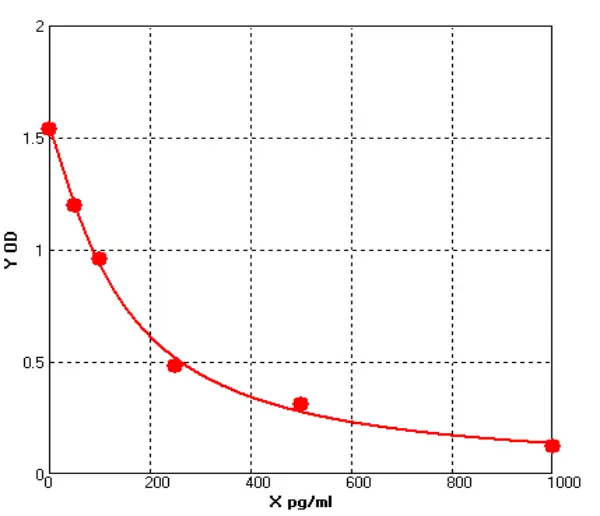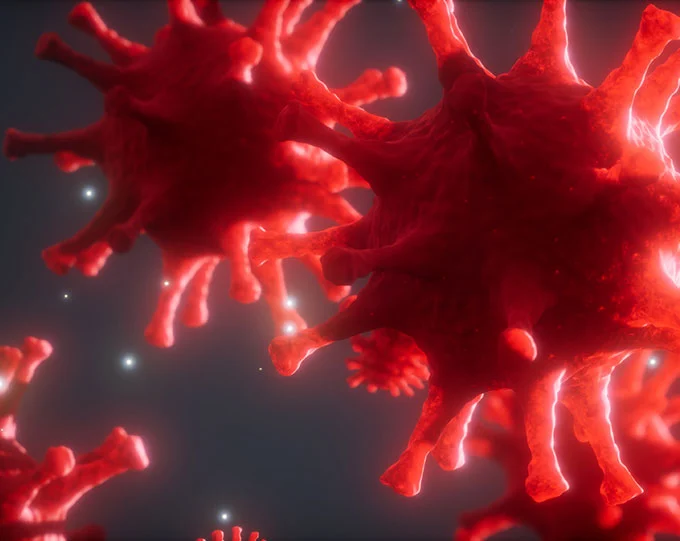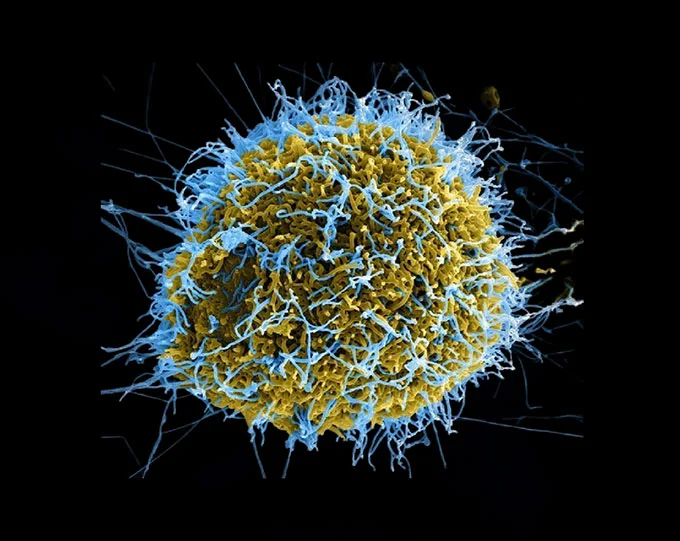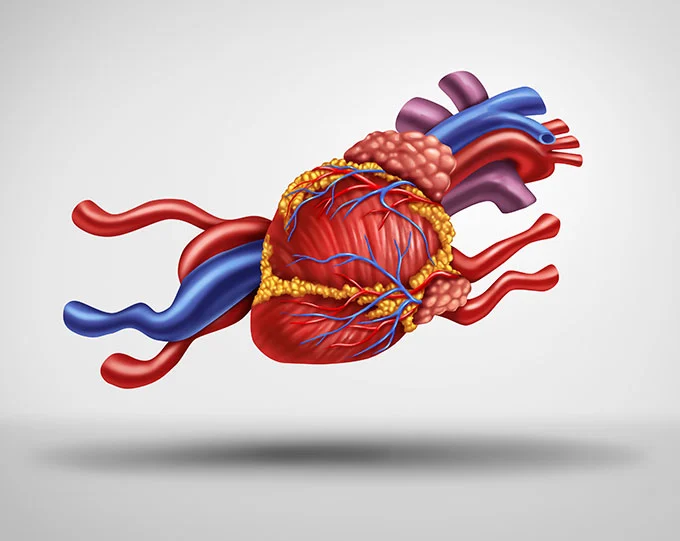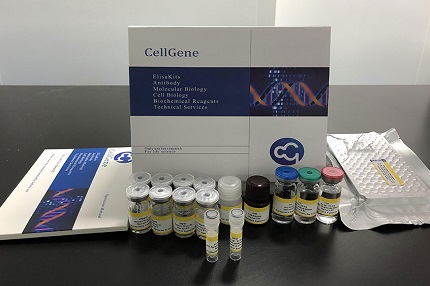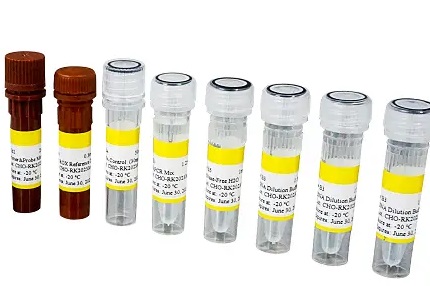- Host Cell Protein Detection Kits
- Host Cell DNA Residue Detection Kits
- Antibodies
- Recombinant Proteins
- ELISA Kits
- Cellular Component Protein Library
- Plasmids
- Promotions
-
Exhibition review | The 6th BIONNOVA BioPharma Innovators Summit & Expo Successfully Concluded at Shanghai Science Hall on April 9-10, 2025
Symposium HighlightsThe summit comprehensively addressed critical topics across biopharmaceutical R&D and manufacturing, including:Therapeutics Development: Antibody drugs, antibody-drug conjugate...
Apr.24, 2025Read More > -
Epinephrine ELISA: Sensitive and Reliable Quantification of Epinephrine
Principle of the Epinephrine ELISAThe Epinephrine ELISA can be used for the in vitro quantitative detection of epinephrine in human plasma and urine. The Epinephrine ELISA utilizes a sandwich method p...
Apr.24, 2025Read More > -
NS0 Host Cell DNA Origin and Control
NS0 host cell DNA refers to the deoxyribonucleic acid (DNA) of NS0 cells (mouse myeloma cell line) used as hosts in the production of biological products (such as antibodies and other protein drugs).N...
Apr.22, 2025Read More >
BlueGene Biotech's Research For Immunology
1. Four Periods Of Immunology
It is generally believed that the development of immunology has experienced four periods: empirical immunology, classical immunology, modern immunology and modern immunology period. Immunology is one of the forefront positions of life science and modern medicine. The human immune system performs immune functions. The immune system includes immune organs, immune cells and immune molecules.
2. Immune Function Of Modern Immunology
Modern immunology proposes that the immune function of the body is the response to antigenic stimulation, and the immune response is manifested in the ability of the immune system to recognize itself and eliminate non-self. Immune function functions according to immune recognition. This function includes immune defense against exogenous foreign bodies (mainly infectious factors), removal of the immunity of decayed or damaged cells to maintain their own stability and eliminate of immune surveillance of mutant cells.

